How NM’s Education Department Is Transforming Assessment: Start with Teachers
By Gwen Warniment, Deputy Secretary for Teaching, Learning and Assessment | New Mexico Public Education Department| December 19, 2019
I come from generations of New Mexicans. I am a former teacher and instructional coach. I am a parent and the daughter, sister, and niece of educators. Definitively, I know that the pathway to better futures for our students, their families, and our communities is through investing in educators. Teachers are the single most important investment we can make in improving our schools.
The future of our communities depends upon a teaching force that can imagine new ways to help us close the equity gap. The decisions we make to build, support, and celebrate this teaching force are critical as we move to transform education for our state.
Making the Change
One of the more important, purposeful decisions we made as I began my service at the New Mexico Public Education Department was to move assessment from the accountability division into the realm of teaching and learning.
Moving departments might seem like a small change. But it has huge implications. Assessment should not just be a system for sorting and labeling. It doesn’t belong in the accountability division. It should be a measurement of real student learning; it belongs with teachers. This move effectively shifted the work of assessment into the core of the daily work of educators across our schools and districts.
How We Did It
Any effort at lasting change should not be based on NMPED’s decisions alone, but should be rooted in local communities. We needed to seek knowledge from local community members and educators, and build from the ground up. Our first step was to systematically engage the community to collect local wisdom from across the state after the decision was made. NMPED sponsored 13 community engagement sessions statewide.
We created the Student Success Task Force, a convening of 45 members representing multiple viewpoints and roles in education from throughout the state. We charged the Task Force to make recommendations to build out a balanced assessment system that can comply with federal regulations while supporting local practices to better facilitate student learning and success.
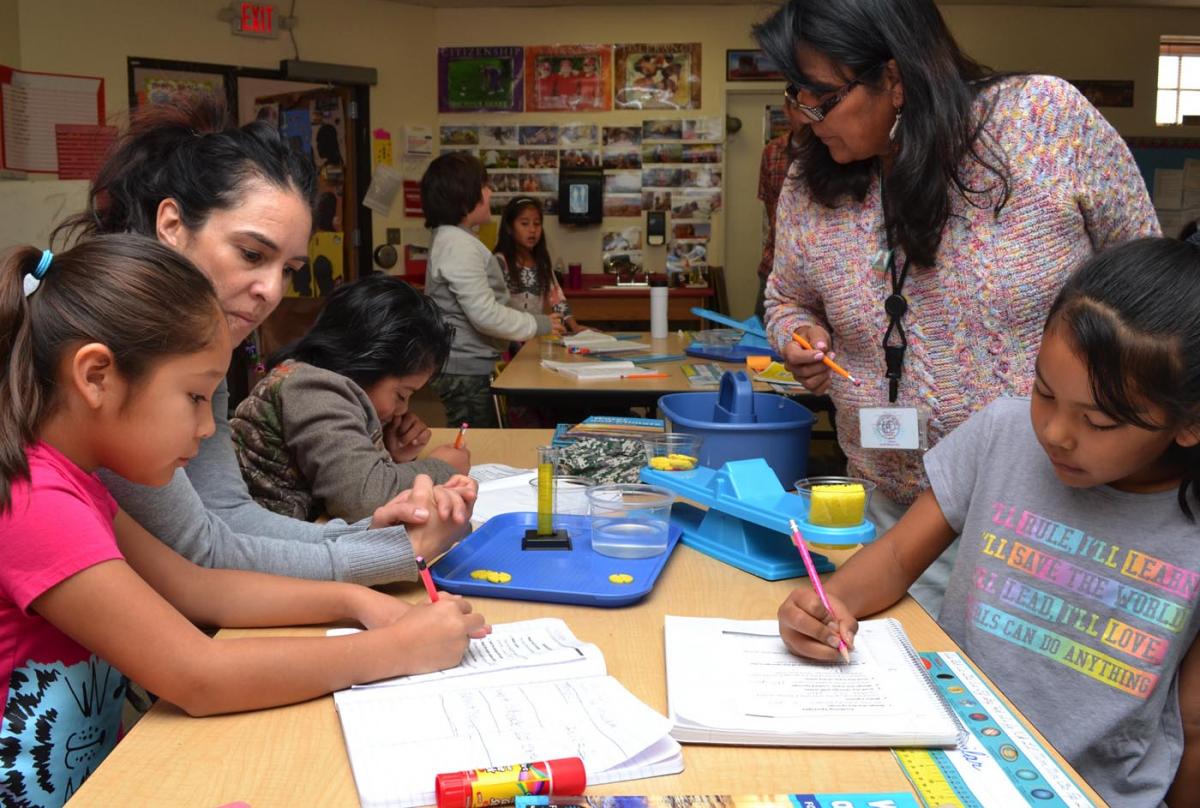
What We Found
The Student Success Task Force made several high-level recommendations that require a new emphasis on teaching and learning, including:
- Ensure assessment practices are culturally responsive
- Involve New Mexico educators in the process
- Pursue other innovative practices that measure student learning (e.g. performance-based assessments)
These recommendations are the foundation of our work to build out a more meaningful graduation menu of options. More graduation options will become a new vision that reflects the needs of local communities. I am particularly excited about how the work of the Task Force aligns with our vision of a new teacher evaluation system that moves away from labeling and blaming teachers to one that invests in their growth and professional development.
What Happens Next
We are taking a significant step forward in this work. In Phase II of the Task Force we will partner with Future Focused Education to launch a Community of Practice (COP). This will bring teachers and school leaders together to learn from one another to expand the demonstrations of competency for graduation. The COP will be charged with helping create a graduation option that allows a measure of student learning based on innovative teaching practices that are project-based, more reflective of local practices, and currently rooted in New Mexico schools.
The COP will be launched at the EdUprising Conference on January 10th in Albuquerque. We are working to identify first adopters, representing districts and charters across the state that already demonstrate innovative teaching practices that can cultivate and grow this work. Members of the COP will:
- Identify current school and district assets
- Identify opportunities for growth
- Explore on-site facilitated learning events
- Participate in school intervisitations, observations, and virtual collaborative convenings
Based on this work, the COP will be charged with creating the Quality Criteria for Performance-Based Graduation Options.
I believe that in order to get a place of cultural and linguistically sustainable teaching practices, our work needs to be rooted in building on the assets students bring with them. If this new system is to be accessible to all kids, we need to grow our multiple student pathways to demonstrate their readiness. Innovative assessment practices linked to demonstrations of competency for graduation can be the entry point to create a more equitable system. And most importantly, our teachers should lead the way.
Don’t miss the launch of NMPED’s new Community of Practice at the EdUprising Conference this January.

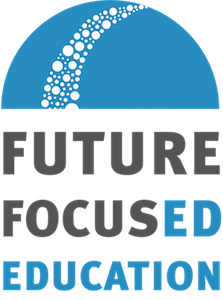
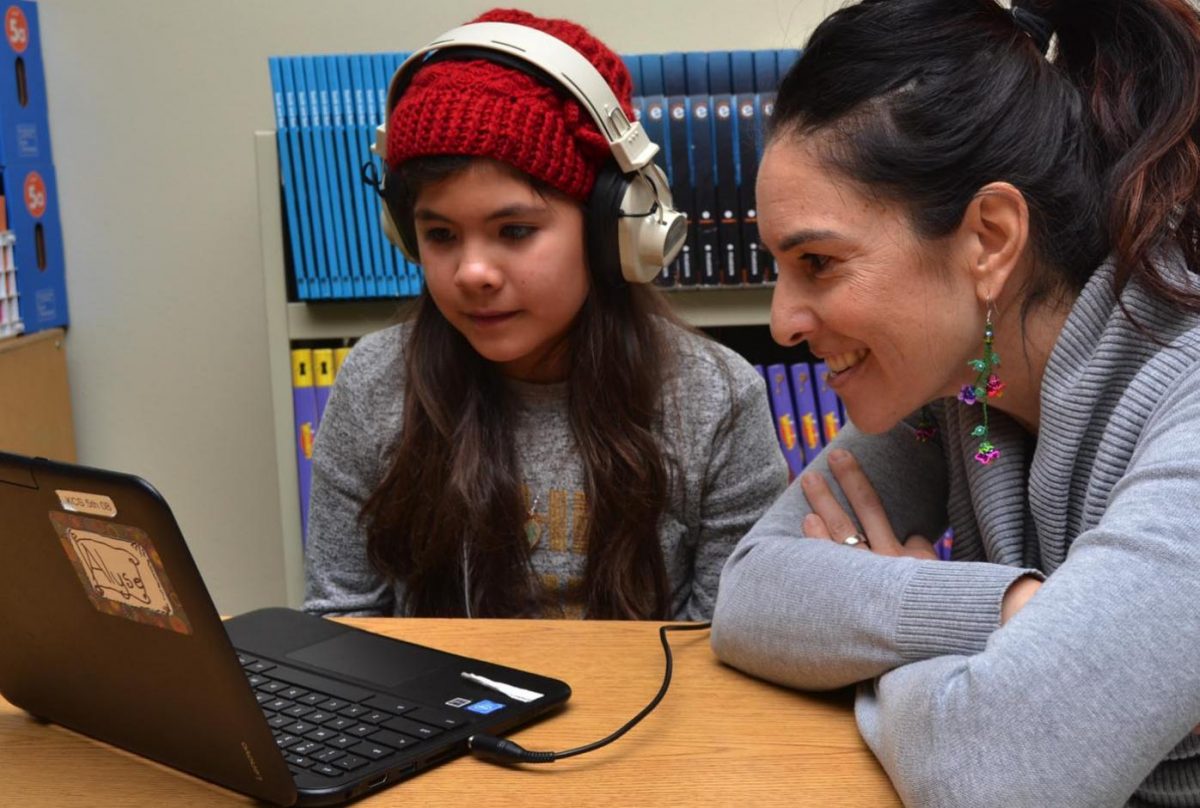
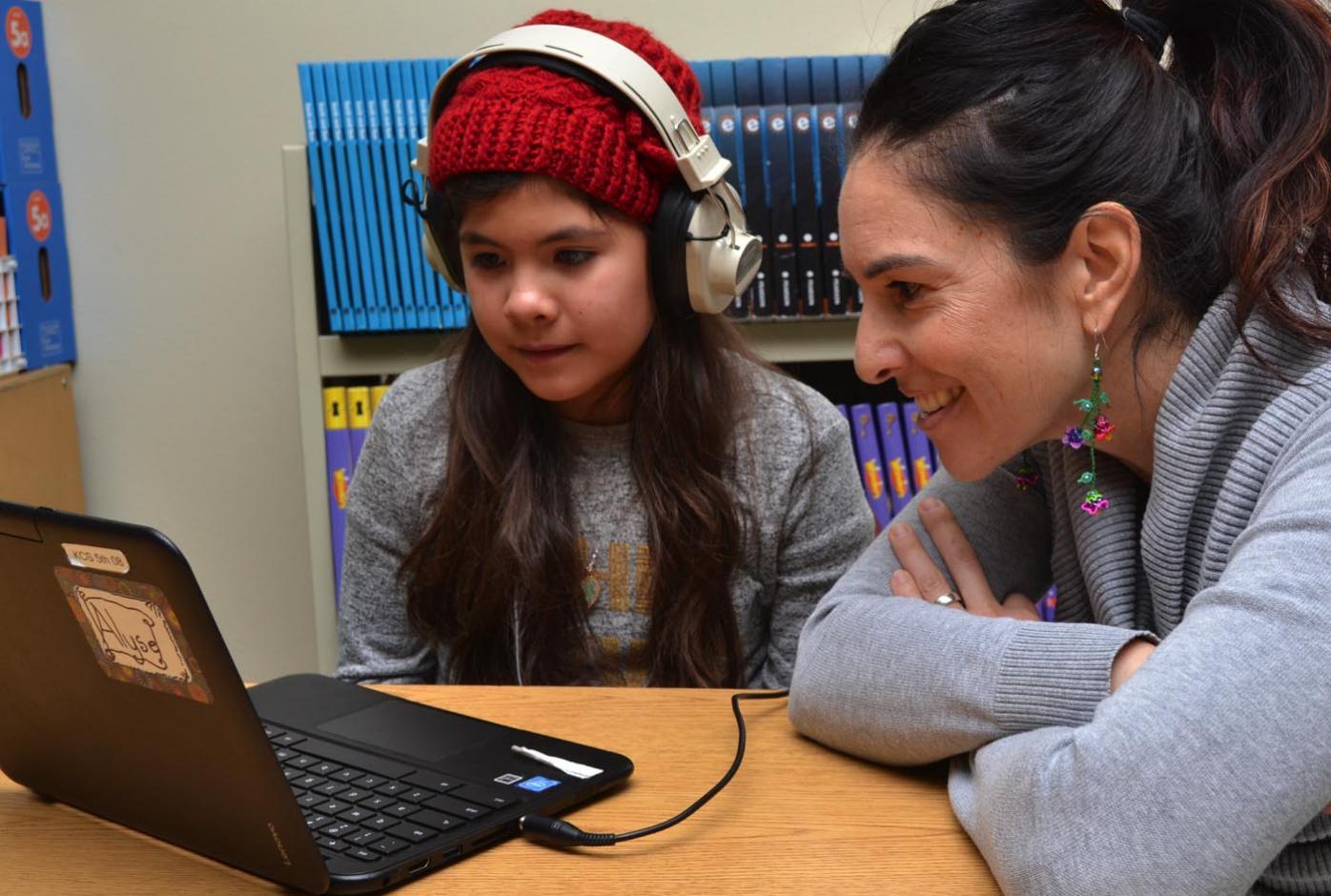
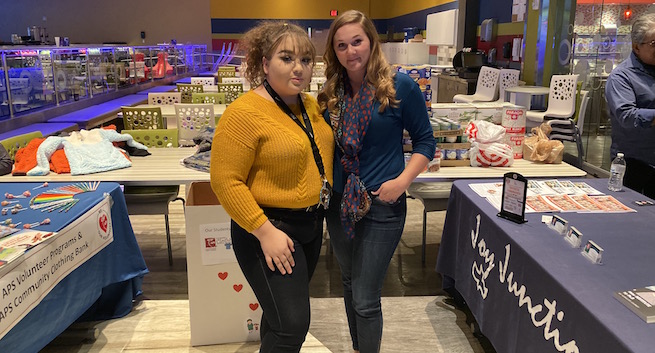
Comments
Pingback: Why Local and National Education Leaders Reject Standardized Testing - Future Focused Education